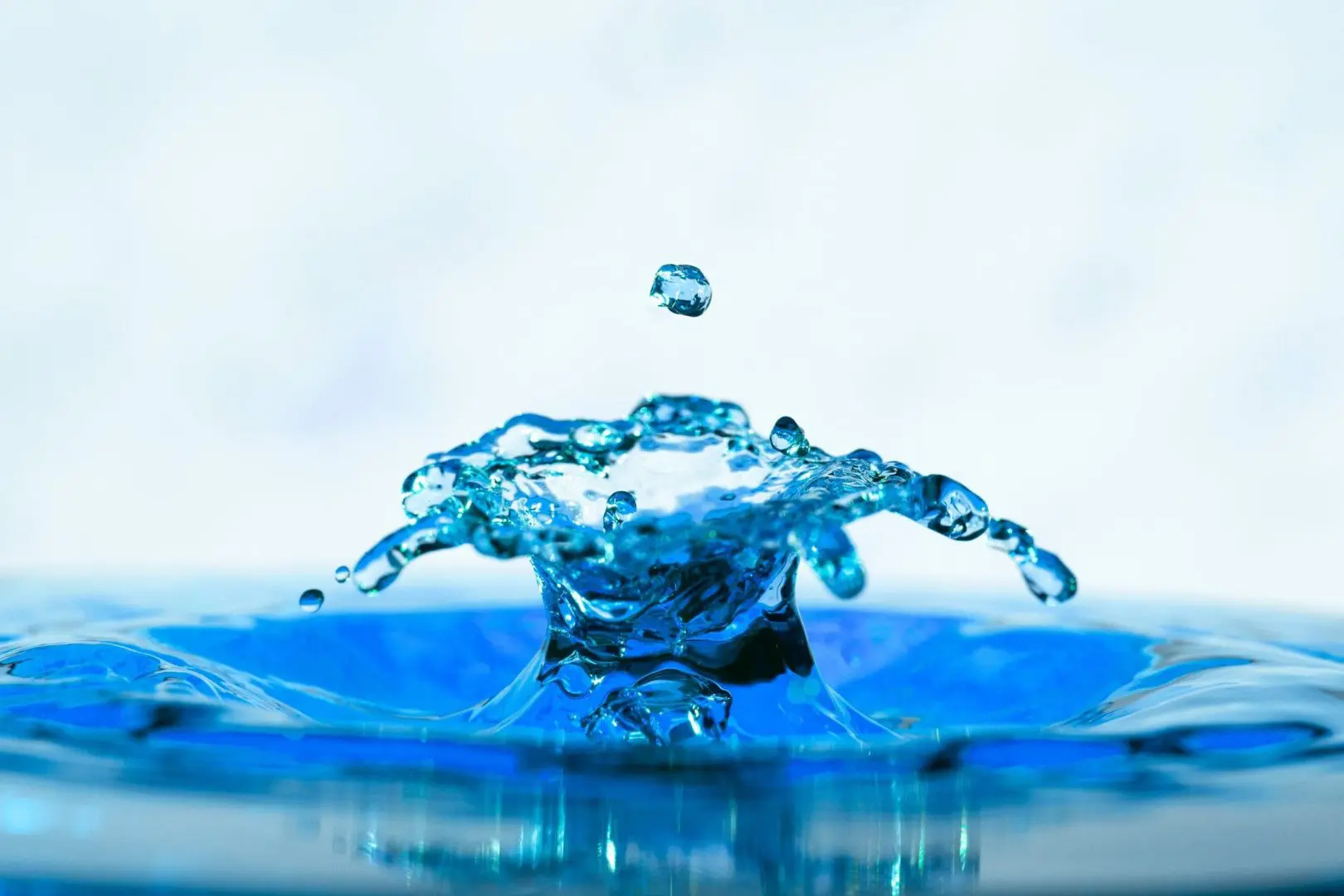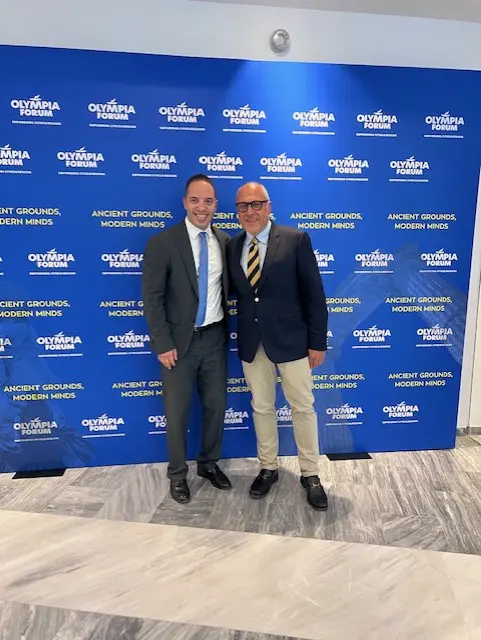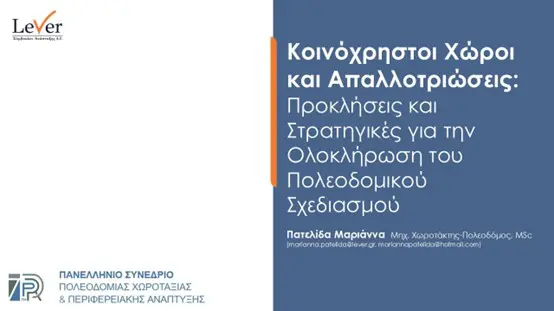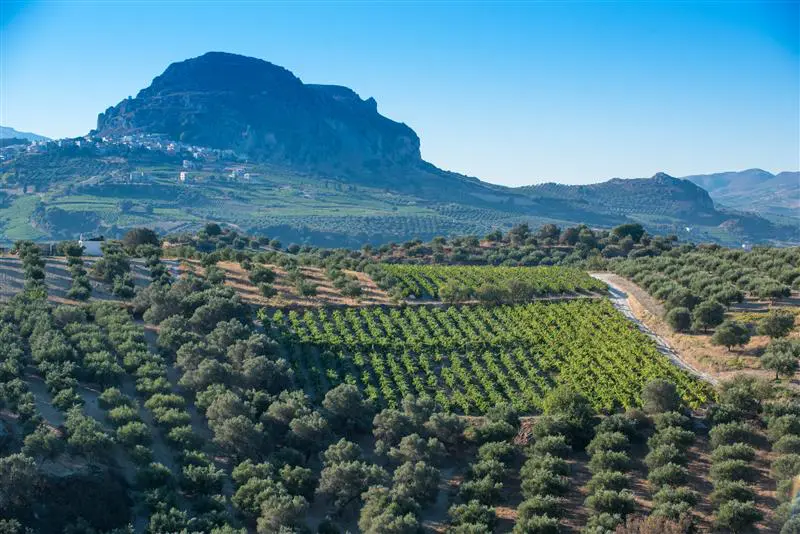Optimism and a positive atmosphere emerged from the initial meetings held with farmers and agricultural cooperatives regarding EYDAP’s new major project for the production and supply of recycled water in Eastern Attica.
Within the framework of the Feasibility Study for the reuse of treated water (use of recycled water), three working meetings were held with farmers from the Eastern Attica region:
- Wednesday, 19/07/2023, at the Spata Agricultural Supply Cooperative,
- Thursday, 20/07/2023, at the Amphitheater of the Kropia Town Hall (https://www.koropi.gr/η-συναντηση-εργασιασ-δημοσ-κρωπιασ-ευ/), and
- Friday, 21/07/2023, at the Marathon Museum of the Municipality of Marathon.
The main objectives of these meetings were:
- to assess the needs and expectations of farmers regarding the use of irrigation water.
- to explore the possibility of irrigating crops with treated water coming from the Wastewater Treatment Plants (WWTPs) in Eastern Attica.
The meetings took place in a very positive spirit of cooperation. Through these meetings, farmers were substantially informed about what recycled water is, its quality characteristics, and its potential uses, in order to overcome any prejudices and reservations about using recycled water.
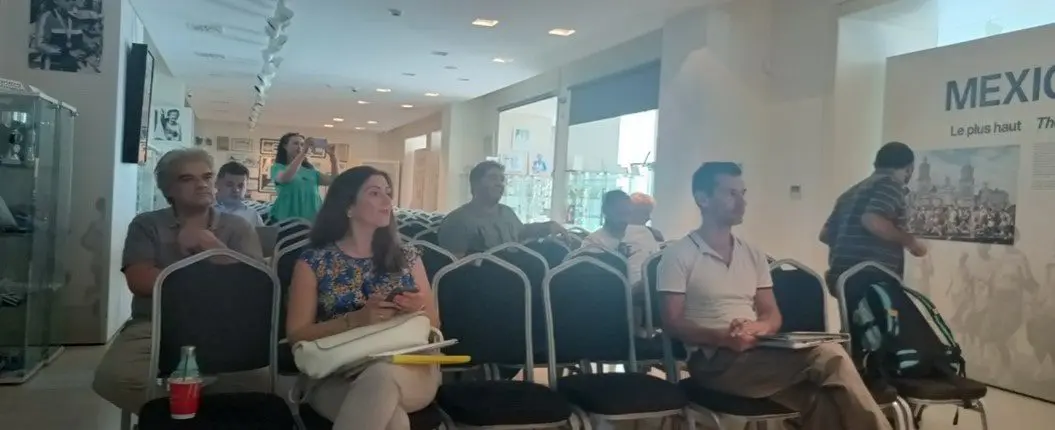
There was also discussion between the farmers and the working group about the problems faced by the agricultural sector in the area, which are closely linked to water use.
A specially designed questionnaire was distributed, created by the working group, the results of which will significantly contribute to a better investigation of farmers’ water needs and will provide important conclusions for the feasibility study concerning the production and supply of recycled water by EYDAP.
The farmers expressed a need for greater access to information and updates on the technical and scientific issues arising from the use of recycled water. Additionally, the farmers showed a need for new directions regarding the restructuring of the agricultural sector in the area, prompted by the future use of treated water.
Finally, the farmers’ eagerness for the project and their high expectations for its operation became evident—a project that will improve current cultivation conditions and offer new prospects and opportunities for future generations.
The working group consists of expert scientists from “Lever – Development Consultants S.A.”, a member of the “Samaras & Partners” Group, and EY Parthenon, along with researchers and officials from EYDAP, while cooperation with the Agricultural University of Athens is continuous and substantive.
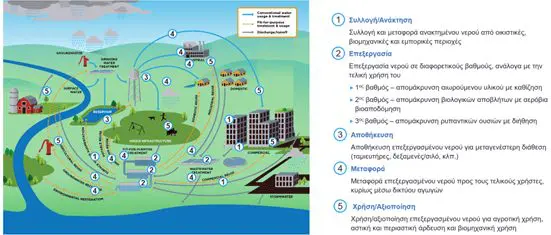
In Greece, agricultural use accounts for 83% of total water consumption! Since the major irrigation networks from reservoirs, rivers, and lakes are mainly limited to the large productive plains of the country, the vast majority of irrigation in the rest of the country is done using groundwater or drinking water from other sources. However, according to the River Basin Management Plans, over-pumping of underground aquifers tends to deplete them, and in several coastal areas, saltwater intrusion has appeared, making the current widespread irrigation practices unsustainable. Therefore, safeguarding water resources requires a reversal of this situation in the coming years.
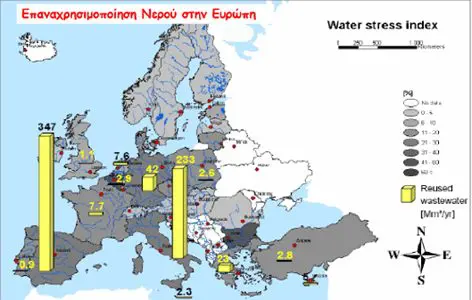
The situation in Eastern Attica is similar, with high demand for irrigation water. Uncontrolled wells in the area have resulted in the lowering of the water table and salinization. At the same time, although there is available agricultural land, there is no available water.
The production of recycled water from the Wastewater Treatment Plants (WWTPs) of Eastern Attica can provide large quantities of irrigation water with better quality characteristics than the water from existing wells currently in use. Water treatment at the Eastern Attica WWTPs will be conducted in the most modern way, fully compliant with European and national legislation, producing water entirely suitable for unlimited irrigation (without quality restrictions regarding the type of crops that can be irrigated).
Such an initiative can bring multiple social, economic, and environmental benefits:
- Social benefits: Development and prosperity of the local community, saving water which is an important social good.
- Economic benefits: Cost savings from using recycled water, quantitative and qualitative improvement of crops.
- Environmental benefits: At a supra-local level, contribution to the protection and conservation of water resources; locally, significant remediation of the underground aquifer and better environmental water management in the area.



